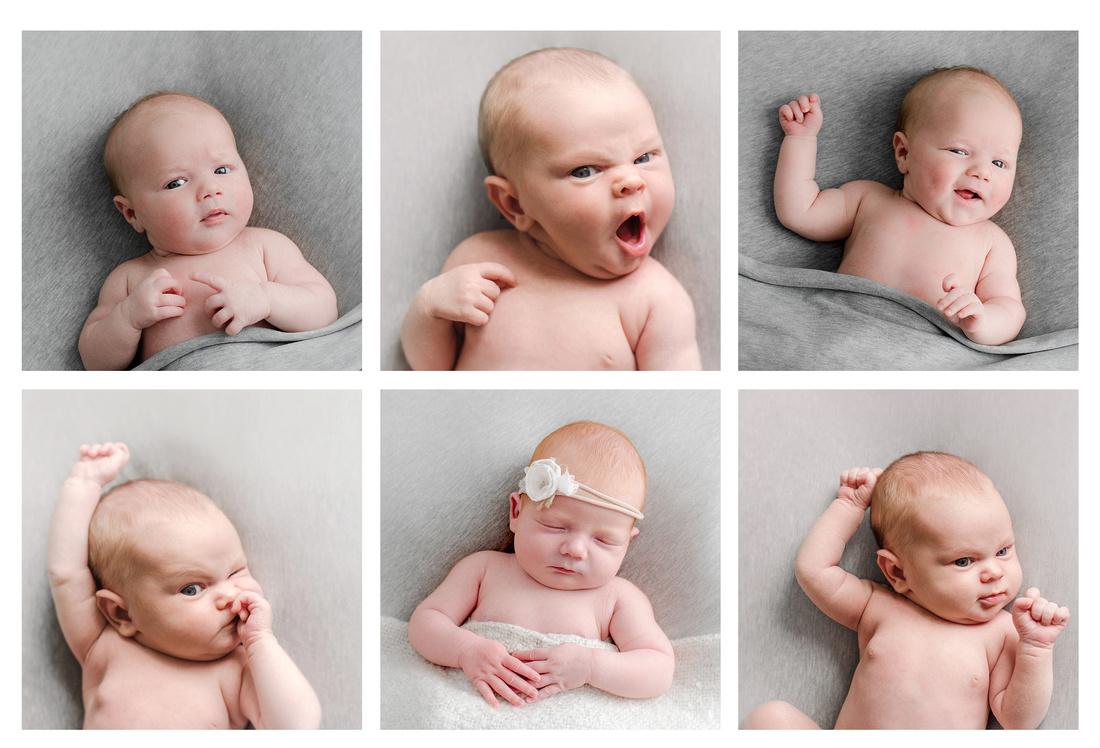
Why Does My Baby Grab My Face When Falling Asleep?
As a parent, it’s common to witness adorable and sometimes puzzling behaviors from your little one. One such action is when your baby reaches out and grabs your face as they drift into slumber. While it may seem like a random gesture, this behavior holds significant meaning and offers insights into your baby’s developmental journey.
To understand this behavior, let’s explore the underlying reasons why your baby may be grabbing your face when falling asleep:
Seeking Comfort and Security
When falling asleep, babies often feel vulnerable and seek comfort from their caregivers. Your face, with its familiar scent and warmth, provides a sense of security and reassurance for your baby. They instinctively reach out to your face as a way to establish physical contact and connect with you emotionally.
By touching your face, your baby is also able to regulate their emotions and calm themselves down. The gentle pressure of their tiny fingers on your skin can create a calming effect, helping them transition into a peaceful sleep.
Exploring the World
Babies are incredibly curious and eager to explore their surroundings. As they fall asleep, they may use their hands to grasp and touch objects within their reach. Your face offers a fascinating and accessible target for their explorations.
By exploring your facial features, your baby is learning about the shape, texture, and contours of human faces. This sensory experience contributes to their cognitive development and helps them develop a better understanding of the world around them.
Practice for Motor Skills
Grabbing and holding objects are essential milestones in a baby’s motor development. When your baby grabs your face, they may be practicing their grasping skills and developing the coordination necessary for future purposeful hand movements.
The act of reaching out and touching your face also helps strengthen their wrist and arm muscles. As your baby continues to grow and develop, this practice will become increasingly important for tasks such as grasping toys, feeding themselves, and manipulating objects.
Communicating Needs
Although babies cannot yet communicate verbally, they use肢体语言to express their needs and feelings. Grabbing your face may be a way for your baby to communicate that they are sleepy and ready to fall asleep.
By touching your face, your baby may also be seeking your attention or trying to convey a sense of affection. Pay attention to other cues such as yawning, rubbing their eyes, or becoming fussy to better understand your baby’s needs and respond accordingly.
Tips for Handling Your Baby’s Face Grabbing
While your baby’s face grabbing behavior is generally harmless, there are a few tips to keep in mind to ensure their safety and comfort:
- Keep your nails trimmed and clean to avoid scratching your baby’s delicate skin.
- If your baby’s face grabbing becomes excessive or forceful, gently redirect their hands towards a soft toy or blanket.
- Avoid pulling your baby’s hands away abruptly, as this could startle or upset them.
- If you have concerns about your baby’s face grabbing behavior, consult with your pediatrician for guidance.
FAQ on Baby Face Grabbing
- Q: Is it normal for babies to grab my face when falling asleep?
A: Yes, face grabbing is a common and generally harmless behavior in babies. - Q: Why do babies grab my face?
A: Babies may grab your face for comfort, security, exploration, motor skill practice, or communication. - Q: Should I stop my baby from grabbing my face?
A: While it’s generally not necessary to stop your baby from grabbing your face, it’s important to ensure their safety and redirect them if their face grabbing becomes excessive or forceful. - Q: Could face grabbing be a sign of a problem?
A: Although face grabbing is usually harmless, consult your pediatrician if you have any concerns about your baby’s behavior or if it becomes excessive or interferes with their sleep.
Conclusion
Your baby’s face grabbing behavior when falling asleep is a manifestation of their developmental needs and a way for them to communicate and explore their world. Understanding the reasons behind this behavior can help you respond with empathy and provide a nurturing and supportive environment for your little one.
If you have any further questions or concerns, consult with your pediatrician or a qualified healthcare professional for guidance. Are you curious to learn more about your baby’s sleep patterns and developmental milestones? Stay tuned for more informative articles to enhance your parenting journey.

Source Image: www.leahmarx.co.za

Source Image: www.leahmarx.co.za

Source Image: www.leahmarx.co.za
Thanks for your dynamic approach to understanding this. Why Does My Baby Grab My Face When Falling Asleep, is an excellent source for enhancing your knowledge.